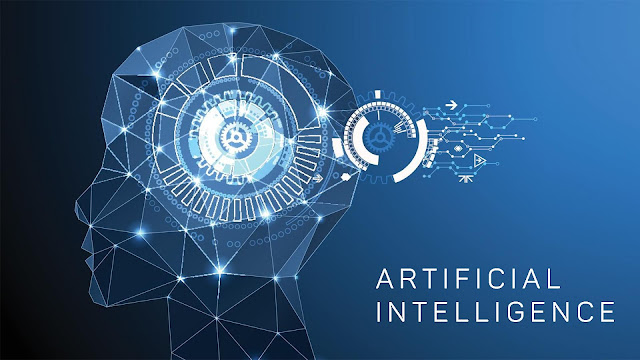Computers : workers or bosses?
No doubt computers have had a great influence and is a big advantage to our society. Car manufacturing robots are extremely useful and a great advantage to companies. Robots can improve quality and protect workers from dangerous and difficult tasks, and they are highly repeatable and precise and never tire or fail to do their job, they can work on a 24/7 working basis which makes things much faster. One of the main advantages is that robots prevent a lot of dangerous risks to humans like keeping workers away from exposure to fumes from welding,painting and loud noises or lifting heavy objects from one place to another. They have another advantage that's a powerful asset to car manufacturing companies as robots 'vision' help machines do more precise work using laser and camera array that provides immediate feedback, this makes work more efficient in the assembly line. However, this doesn't mean robots need to take over the car manufacturing industry because humans are a great need to these industries as well.
Firstly, we have to be sure to state that humans cannot be compared to computers at all, they are much more intelligent and have the ability to do more complicated and advanced tasks because they are the ones who program these robots to do repetitive tasks on the assembly line, as Oliver Wyman concluded in their study that the factories with the most automation ranked at the bottom for productivity,
Humans definitely need to be involved in the process of car manufacturing, the dangerous and riskful tasks can be handled by robots but the main tasks should be left to humans. One of the largest automobile manufacturers in the world : Toyota is replacing robots with humans to boost efficiency and involving humans in already automated processes mainly because humans need to know what the machines are doing and figure out new ways to further improve them. As Mitsuru Kawai the head of manufacturing and executive vice president of Toyota stated :
“To be the master of the machine, you have to have the knowledge and the skills to teach the machine.”
Humans can make decisions, reason and reorganize work faster than robots can be reprogrammed. Robots are great for repetitive things however, humans can improve the efficiency or quality of the work. Toyota has conducted internal studies comparing the time it took people and machines to assemble a car over and over, not surprisingly human labour won.
Let's look at Tesla CEO Elon Musk's vision for the future, no workers;just robots. He is into incorporating more and more robots in to the production line, but as we can see many aims he had failed to accomplish so he decided to backtrack by hiring hundreds of new workers every week to restore production targets. And he wrote in his tweet regarding Tesla's model 3
“Yes, excessive automation at Tesla was a mistake. To be precise, my mistake. Humans are underrated,”
Furthermore, Mitsuru Kawai stated regarding Elon Musk's humanless robot vision :
"Such a factory would always remain stuck at the same stage of development. Robots cannot improve processes. Only people can do that, and that is why they are always at the center of our attention."
Humans are the best flexible form of automation and can work faster than robots, and they are definitely more smarter than computers. Companies can save thousands of money by employing more and more people, and the risks of losing jobs because of robots overtaking is less.
“Humans should produce goods manually and make the process as simple as possible. Then when the process is thoroughly simplified, machines can take over. But rather than gigantic multi-function robots, we should use equipment that is adept at single simple purposes.”
- Mitsuru Kawai, head of global manufacturing for Toyota
“Our automation ratio today is no higher than it was 15 years ago. Machines are good for repetitive things, but they can’t improve their own efficiency or the quality of their work. Only people can.”- Wil James (president of the Toyota Motor Manufacturing plant in Georgetown)
As this website states in their post about robots overtaking humans :
Tom Shoupe, the chief operating officer of Honda’s Ohio manufacturing unit which transforms 3 million parts into 1,900 finished vehicles each day, says “We can’t find anything to take the place of the human touch and of human senses like sight, hearing and smell”
Until systems cognition, dexterity, and sensory skills develop further, automation and AI won't exceed many human capabilities and a factory without humans in the production line seems remote for complex products.
In conclusion, companies that don't totally depend on robots and hire more workers are more successful, such as Toyota, Mercedes - Benz and Honda. Computers can never come to the level of humans, they just cannot out-beat them no matter what and how advanced technologies become over the years.





Comments
Post a Comment